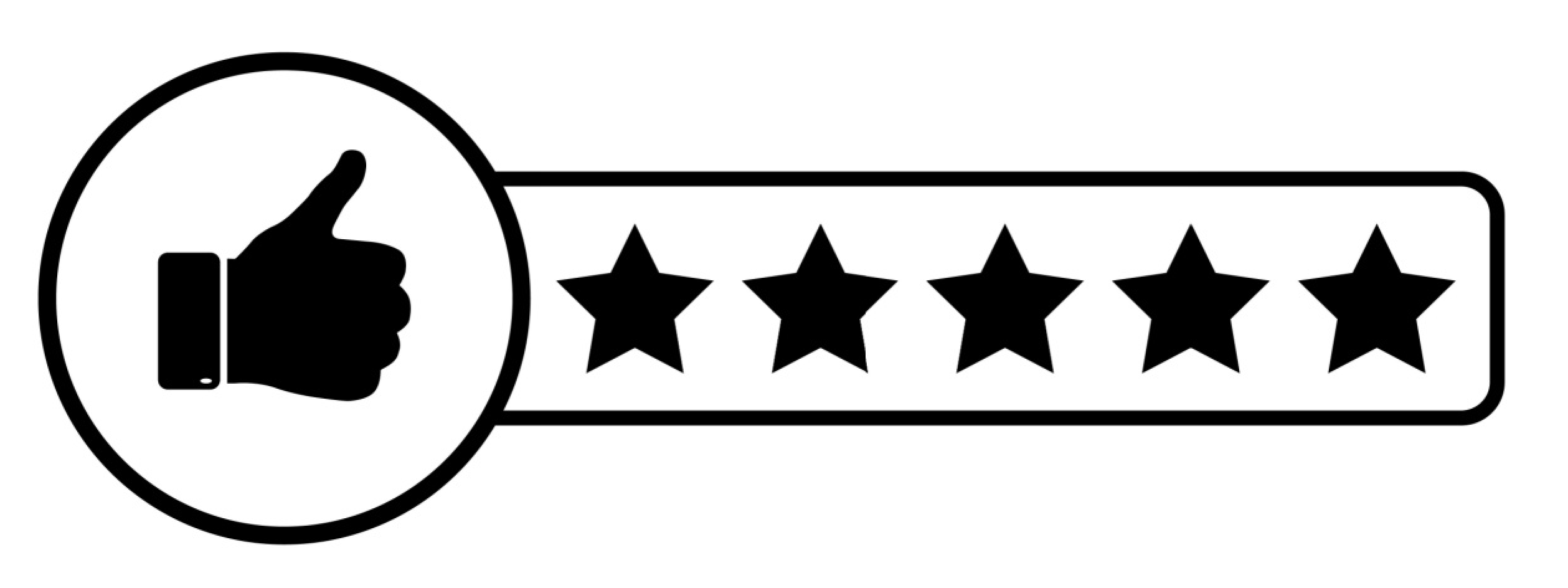The difference between an app with many 3-star and 4-star reviews compared to an app with lots of 5-star reviews can have a significant impact on the bottom line. Five-star reviews are certainly a good sign. However, they should not be the only metric organizations rely on to gauge success.
While many economic advantages come with 5-star reviews, ratings with a perfect five stars don’t tell the whole story. That’s because the number of stars given don’t always align with the user feedback provided in reviews.
Look beyond star ratings
Consider that users might give a 5-star rating but still provide critical feedback in the review. This could be due to a variety of reasons, such as the user liking the app overall but having issues or suggestions. If your organization focuses on star ratings and ignores user feedback, you might miss out on valuable, actionable insights that could help improve quality and success.
So remember to consider and take action from the content of the reviews themselves, which in turn will help organizations get even more 5-star reviews.

The 5-star advantage
There’s undeniably many advantages of 5-star reviews. And that’s why organizations should strive for them. Here’s a breakdown of the top reasons why 5-star ratings are important:
User perception: A higher average rating (closer to five stars) generally creates a more positive perception among potential users. This can influence their decision to download and try the app, as they are more likely to trust the opinions of other users who have had a positive experience with the application.
App store ranking: App stores like Google Play Store and Apple App Store use the average rating and number of reviews as part of their algorithms for ranking apps in search results and category listings. Higher-rated apps are more likely to appear higher in search results, increasing their visibility to potential users.
Conversion rate: A higher average rating can lead to a larger conversion rate, meaning that a bigger percentage of users who view the app’s page in the app store will actually download and install the app. This can result in more downloads and a larger user base.
Word of mouth: Users are more likely to recommend a highly-rated app to their friends, family and colleagues. This can lead to increased organic growth and a larger user base.
User retention: Apps with top ratings are generally perceived as being of higher quality, which can lead to increased user retention. Users are more likely to continue using an app that they perceive as high-quality, and are less likely to uninstall it.
Attracting talent: A highly-rated app can be a selling point when trying to attract talented developers, designers, and other team members to join your company. People prefer to work on successful products with positive feedback from users.
Investment opportunities: A higher average rating can make your app more attractive to potential investors or acquirers, as it demonstrates a big level of user satisfaction and market success.
Conclusion
Clearly, 5-star reviews are great. But don’t forget that it’s important to continuously seek out real-time user feedback, monitor changes in user expectations and the competitive landscape, and regularly update and improve your app to ensure it continues to meet and exceed user expectations.
Best of all, by monitoring user feedback in real time, and acting on those insights, your CX, product and engineering teams become empowered to improve quality — which in the end bolsters your organization’s star ratings!
About unitQ
Stop drowning in a sea of noisy user data. With unitQ customer feedback software, you can discover quality issues at the same time as your users. Know what product launches, releases or evergreen features are causing the most bugs or support tickets. Drill into the root causes of these issues by source, platform, device, customer segment and more.
Our AI centralizes feedback from all feedback sources and automatically groups it into thousands of granular categories to help organizations discover what matters most to users — all in real time. Customer-centric companies like Spotify, Bumble, Pinterest and HelloFresh rely on unitQ for actionable insights to drive growth, reduce churn and build brand loyalty.
Want to see how your organization compares to others? Get your free unitQ Score or book a unitQ demo today!
Follow unitQ on Linkedin and Twitter.
David Kravets is Senior Content Marketing Manager at unitQ



